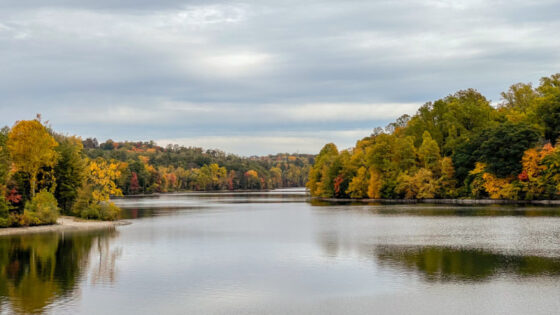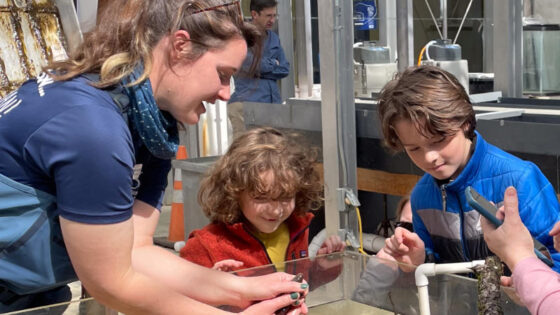Jackson, J.K., and L. Füreder. 2006. Freshwater Biology 51(3):591–603.
doi:10.1111/j.1365-2427.2006.01503.x
Summary
1. The importance of a long-term ecological perspective is well documented, yet the availability of long-term data remains limited. This paper highlights the value of long-term ecological studies of freshwater macroinvertebrates by reviewing both the availability of long-term data and recent ecological contributions based on them.
2. A survey of recent literature on stream macroinvertebrates identified 46 papers published between 1987 and 2004 that included long-term (i.e. ≥5 years) data. Most recently published long-term studies of stream macroinvertebrates began collecting data in the 1970s and 1980s and their duration (time between first and last year sampled) was relatively brief (median = 9 years, maximum = 96 years). Most studies did not expand their temporal perspective by incorporating older data collected by other researchers.
3. Recent long-term studies of macroinvertebrates have made major contributions to our understanding of interannual variation and cycles, complex abiotic and biotic interactions, and natural and anthropogenic disturbance and recovery. Without these studies, we would know much less about the magnitude of natural temporal variation, the importance of physical and biological disturbance and interactions, the role of pathogens and introduced species, the overall impact of pollution and the effectiveness of protection and remediation efforts.
4. If we are to encourage long-term perspectives in our science, we need to facilitate the transfer of individual studies, as well as knowledge and data, among scientists. This includes efforts to archive and annotate data more effectively, so that they can be more easily incorporated into future research.
Funding
NSF Award No. DEB-0424681 Title: LTREB: Stream ecosystem structure and function within a maturing deciduous forest. Duration: August 2004–July 2009.



